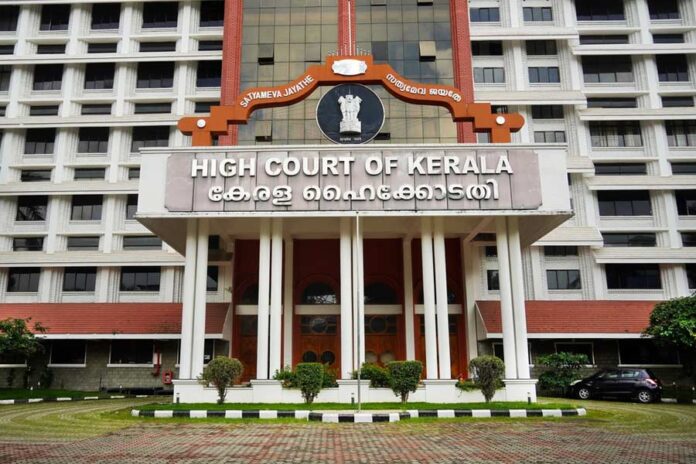The Kerala High Court ruled that complaints of medical negligence against nurses should not proceed in court unless credible preliminary evidence is presented, specifically in the form of an expert medical opinion. This decision highlights the need to protect nurses from baseless allegations and reinforces the role of expert review in such cases.
Requirement for Prima Facie Evidence in Complaints
The court highlighted that allegations of negligence against nurses in government or private hospitals need strong initial evidence from medical experts. This aligns with the principle established by the Supreme Court in Jacob Mathew v. State of Punjab (2005), which requires reliable expert opinions before legal action is pursued in medical negligence cases.
Investigation Guidelines for Medical Negligence Cases Involving Nurses
The Kerala High Court directed that investigating officers must seek independent expert opinions, preferably from qualified professionals in nursing, before proceeding with cases against nurses. Justice P.V. Kunhikrishnan noted that nurses should have similar legal protections as doctors when facing allegations under Section 304A of the IPC, which concerns causing death by negligence.
Case Background and Examination by the Court
This ruling came from a case where a nurse was charged under Section 304A IPC after a child, admitted for vomiting and diarrhea, passed away in a hospital. The court questioned if a nurse could be prosecuted solely based on witness testimony without a supporting expert opinion. Justice Kunhikrishnan concluded that nurses should only face prosecution if there is concrete evidence of negligence directly contributing to the incident.
Recognition of Nursing as a Profession and Legal Protections
The court commended nurses for their dedication, describing them as the “backbone of healthcare.” Justice Kunhikrishnan emphasized that nurses deserve society’s and the government’s support, which includes protection from unwarranted legal actions to allow them to focus on their duties without fear.
Extending Legal Protections to Nurses
The Kerala government’s 2008 circular provides guidelines for investigating officers in cases against doctors, following the Supreme Court’s ruling in Jacob Mathew. Justice Kunhikrishnan argued that these protections should extend to nurses as well, considering their crucial role in healthcare.
Legal Precedents and Court’s Decision
Referencing Kurban Hussein Mohamedali Rangawalla v. State of Maharashtra (1964), the court reiterated that criminal liability under Section 304A IPC requires that the alleged act of negligence must be the direct cause of death. In this case, a doctor had already assessed the patient and suggested discharge, indicating no critical issue, so no case was made against the nurse. Consequently, the High Court dismissed the complaint.
Room for Further Investigation if New Evidence Emerges
While the High Court dismissed the complaint, it clarified that further investigations could proceed if new evidence of negligence surfaces. The police can investigate any additional findings as needed.
Case Reference: Celinamol Mathew v. State Of Kerala [CRL.MC NO. 5401 OF 2018]


